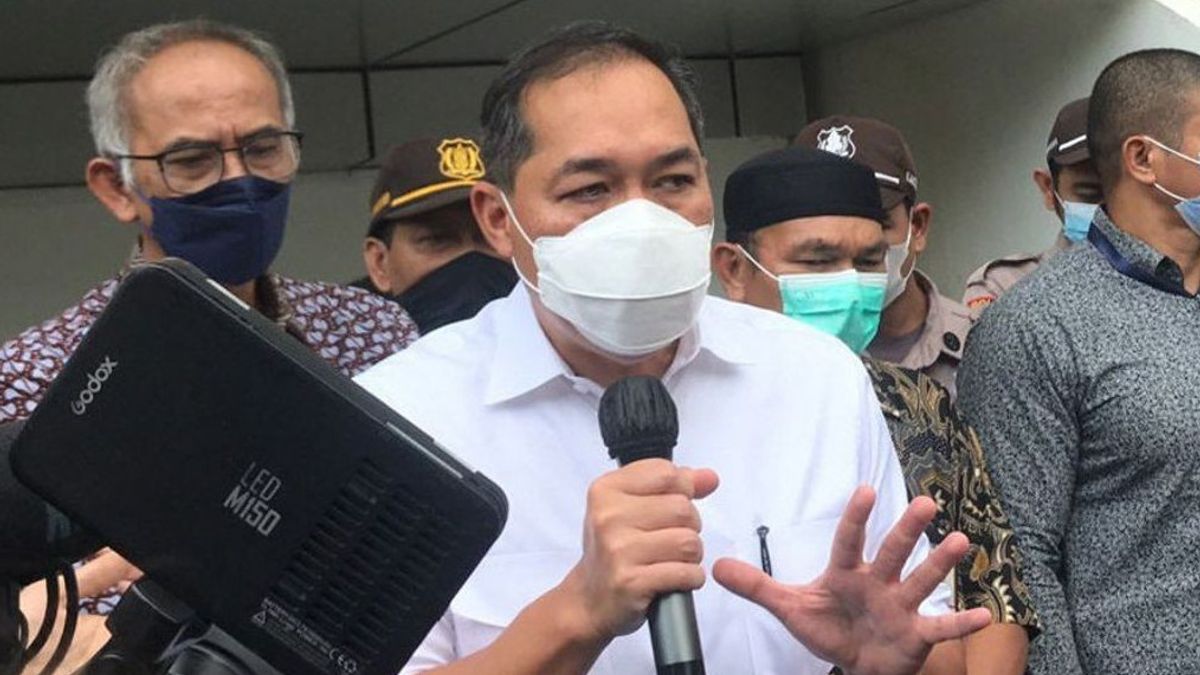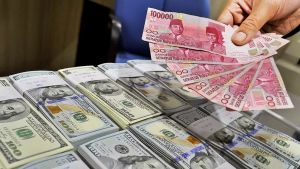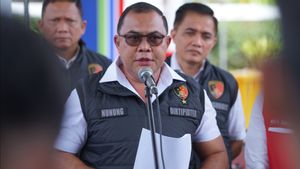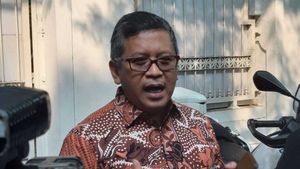JAKARTA - The Ministry of Trade has officially issued the latest regulations regarding the domestic market obligation (DMO) and domestic price obligation (DPO) for crude palm oil (CPO). This policy was taken to ensure the availability of domestic cooking oil supplies after the government decided to reopen the export faucet of CPO and its derivatives.
The new rules regarding DMO and DPO are contained in Minister of Trade Regulation (Permendag) Number 30 of 2022 concerning Export Provisions for Crude Palm Oil, Refined, Bleached and Deodorized Palm Oil, Refined, Bleached and Deodorized Palm Olein, and Used Cooking Oil.
Minister of Trade Muhammad Lutfi conveyed that this step was taken to follow up on President Joko Widodo's directive, the government reorganized exports of CPO, RBD palm oil, RBD palm olein, and used cooking oil because the domestic supply of CPO was deemed sufficient.
Furthermore, Lutfi also said that the reorganization of CPO exports still adheres to the principle that domestic demand for CPO and its affordability are the main things.
"The government ensures that the fulfillment of domestic CPO needs and its affordability for the community remains the government's top priority. We hope for the cooperation of all stakeholders to make this re-export regulation policy a success," Lutfi said in an official statement, quoted Tuesday, May 24.
Lutfi said the Minister of Trade Regulation No. 30 of 2022 has been socialized on a hybrid basis to CPO producers and exporters starting Monday, May 23, 2022.
The amount of DMO and DPO will be evaluated from time to timeThe Director General of Domestic Trade at the Ministry of Trade, Oke Nurwan, said the amount of DMO and DPO would be evaluated from time to time.
"The opening of exports based on DMO and DPO with the amount will be determined and evaluated at any time," said Oke.
Meanwhile, sanctions for exporters who do not meet the provisions include administrative sanctions in the form of electronic warnings in the Indonesia National Single Window (SINSW) system, freezing of PE, and revocation of PE.
The Coordinating Minister for Maritime Affairs and Investment Luhut Binsar Pandjaitan was also assigned by President Joko Widodo (Jokowi) to help deal with the domestic cooking oil problem.
Luhut said the policy for regulating the export of CPO and its derivative products must be complied with by all stakeholders. This is because this policy is a joint effort to ensure the availability of domestic CPO supplies.
"We hope that all stakeholders will comply with these steps. Because if this is done alone, it will not be completed. We also want to invite all industries to make this program a success. Without cooperation and compliance, this program will not be successful," said Luhut.
The Minister of Trade Regulation No. 30 of 2022 stipulates that exporters must have an Export Approval (PE) document as a condition for exporting CPO and its derivative products as stipulated in the Minister of Trade. The PE validity period is six months.
There are three requirements that must be met to obtain a PE. First, exporters must have proof of the implementation of the distribution of domestic needs or domestic market obligation (DMO) with domestic sales prices or domestic price obligation (DPO) to producers of bulk cooking oil.
Second, evidence of the distribution of bulk cooking oil DMO with DPO to retail logistics service business actors and buying CPO without using DPO.
Third, proof of the implementation of the distribution of DMO from other producers, which was preceded by cooperation between exporters and producers implementing the distribution of DMO, submitted through the Indonesia National Single Window (INSW) in the form of electronic data elements of business registration numbers and company names.
The English, Chinese, Japanese, Arabic, and French versions are automatically generated by the AI. So there may still be inaccuracies in translating, please always see Indonesian as our main language. (system supported by DigitalSiber.id)













